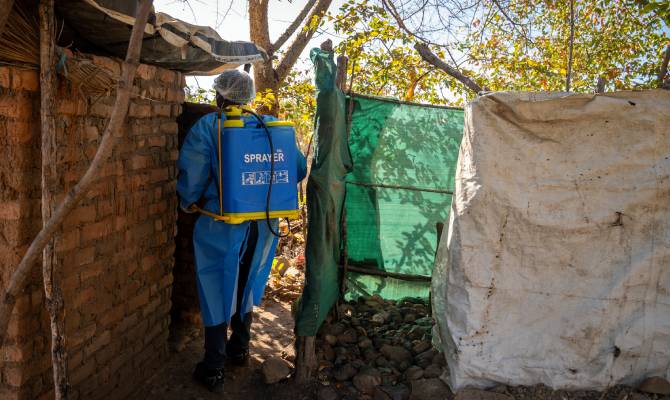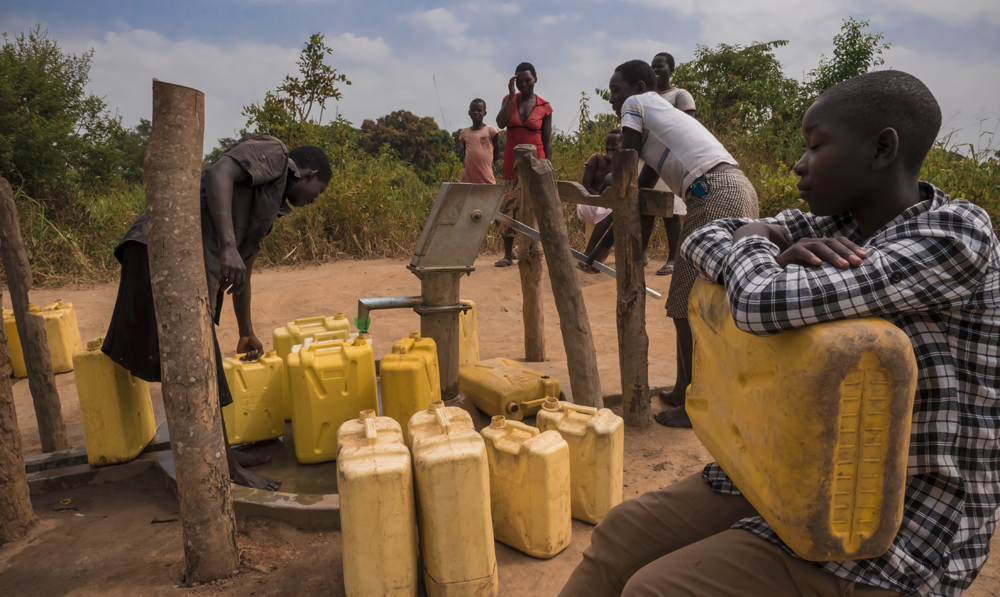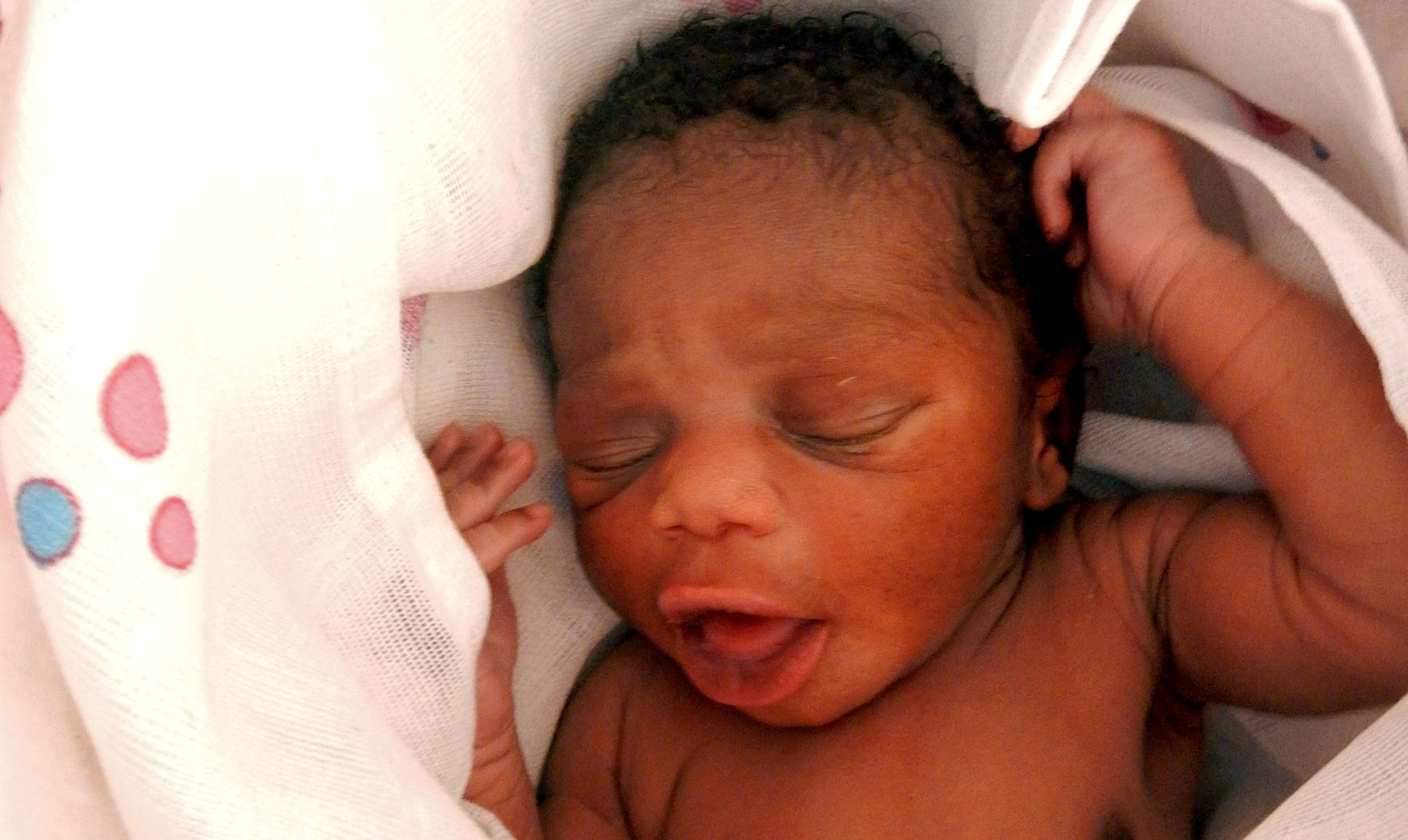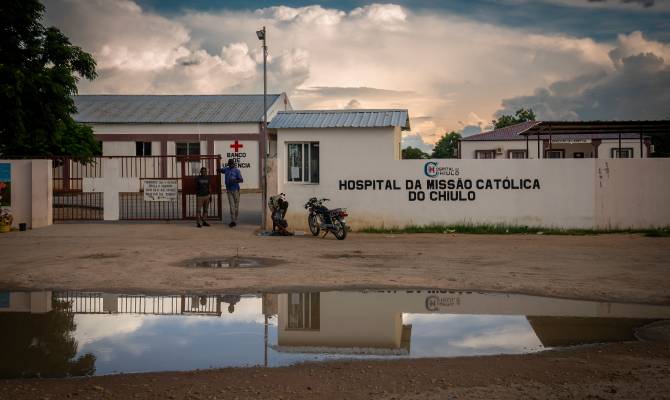Florentina Maria and Fernanda Felicia are two traditional parteiras, two midwives aged 66 and 62. They live in the rural area of Humbe, in the province of Cunene, and every month they walk among the various small communities to hold awareness-raising meetings on safe childbirth, but also on various public health issues such as hygiene and malaria prevention. We met them during a day of meeting and training for the parteiras: a tale of dedication and care, truly every day.
During awareness-raising activities Florentina generally meets 30-40 people, sometimes even 50-60 people. Among these, many are pregnant women and often men are also present. Talking to men is fundamental because in many communities they decide whether women can go to the hospital to give birth, or for medical examinations, or to the casa de espera, the maternity waiting homes of hospitals. In larger communities, midwives can make arrangements with the market leader and do training in the square, where more people meet, as well as in church on weekends.
According to Florentina, the greatest difficulties occur when pregnant women do not want to go to medical examinations so as not to stray far from home, many do not have the money to go to the examinations or vaccination meetings. Fernanda says: “When we go to these areas the women ask us for money, mosquito nets and medicines, but these are things that we do not have and that only the public health nurses have. It’s not easy because they expect something from us while we are there to raise awareness about safe childbirth. Sometimes they come to call us in the community because women have not gone to the hospital or health centres to give birth and complications occur. These cases are bad because we say that we cannot help and we know that only in hospitals can they receive the necessary care. We talk about the possibility of also going to the casas de espera, if they don’t have money for the ride, we advise them to approach little by little. We say that in the maternity waiting houses there is support, there is food. Now, with the problem of drought and the lack of food, it is very important to have such support. Another great difficulty is the distance, we also walk kilometres and kilometres. In the past, there was a calendar, we moved around with the town hall car, and there were many more women at our meetings”.
Both Florentina and Fernanda participate in the training sessions that CUAMM organises for these professionals, as Florentina tells us: “They are important moments because they are the only support we receive and allow us to continue with our work. It’s also good because in these meetings we learn new things, for example about malnutrition and hygiene, which are essential to prevent various diseases”.
Florentina and Fernanda approached the profession in different ways: Florentina became a traditional midwife during the war, more or less in 1981. She began by learning the basics as a nurse when she worked in health posts, in years when there were few nurses and doctors, so she learned how to assist in a birth or how to turn a breech baby in the belly.
Fernanda, on the other hand, says: “I learned to be a midwife during my military service when I worked in the health department. Then, during the peace-making phase, the government recognised this figure of the traditional midwife and gave us a role.
The testimonies of Florentina and Fernanda help us to understand the importance of midwives in Africa, where their presence in the hospital or on the ground can really save many lives.





